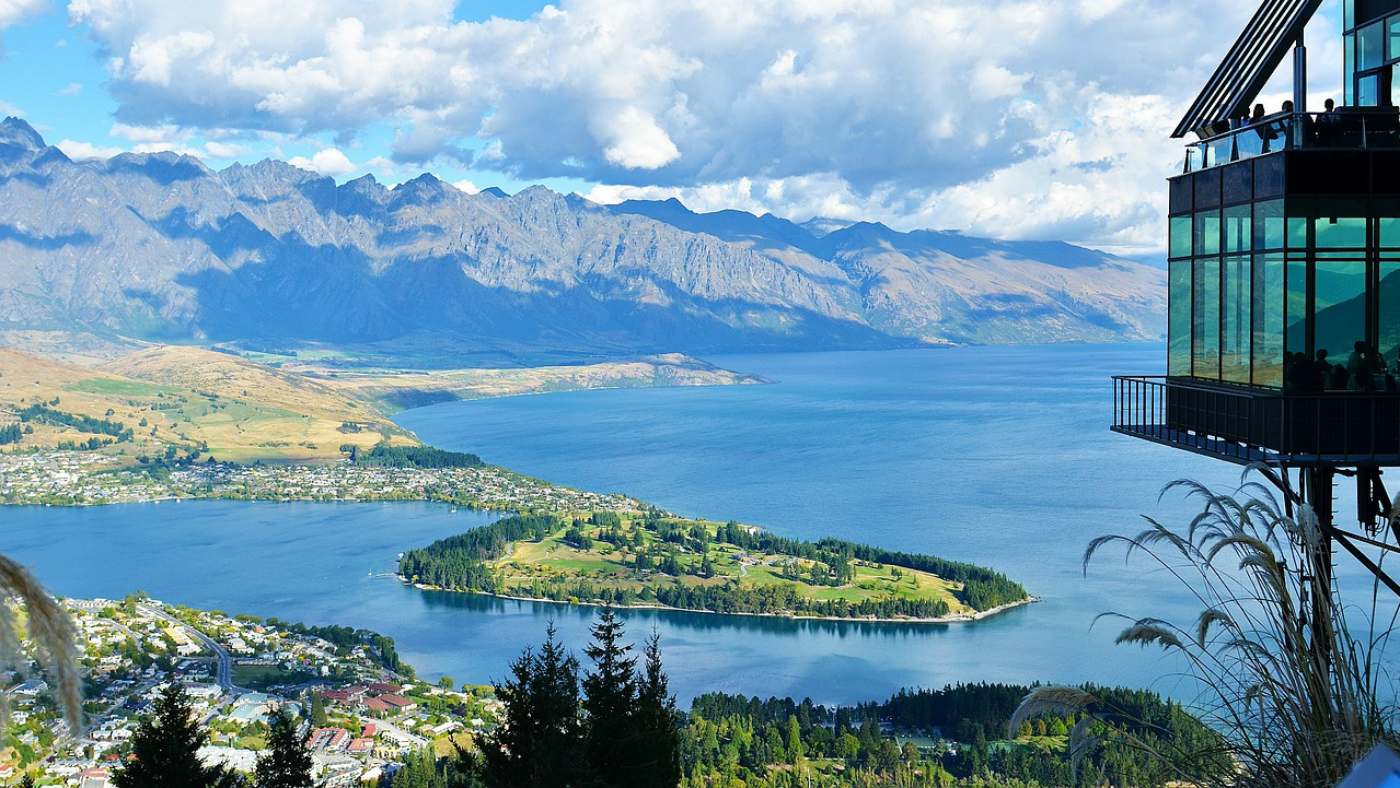Zealandia: Is this Earth's hidden eighth continent?
New scientific paper argues that New Zealand is geologically separate from Australia

A free daily email with the biggest news stories of the day – and the best features from TheWeek.com
You are now subscribed
Your newsletter sign-up was successful
Geologists are calling for a land mass submerged beneath the Pacific Ocean to be recognised as Earth's eighth continent.
Satellite maps indicate the "continent" covers an area of nearly two million square miles – about two-thirds the size of Australia, says the BBC.
Scientists first detected signs of a mystery land mass in the 1990s and gave it the name Zealandia, as it lies in the area around New Zealand and includes the country's two main islands. The other 94 per cent lies deep beneath the waves.
The Week
Escape your echo chamber. Get the facts behind the news, plus analysis from multiple perspectives.

Sign up for The Week's Free Newsletters
From our morning news briefing to a weekly Good News Newsletter, get the best of The Week delivered directly to your inbox.
From our morning news briefing to a weekly Good News Newsletter, get the best of The Week delivered directly to your inbox.
Now, in a paper published in Geological Society of America, a team of Australian, New Zealand and French geologists claim New Zealand is geologically distinct from Australia and is actually part of Zealandia.
Co-author Nick Mortimer told The Guardian that while this represented "nothing new" to geologists in his native New Zealand, he hoped the first serious, peer-reviewed attempt to define and describe Zealandia might win the continent more international recognition.
"If Zealandia makes its way into popular culture and on to maps, that's all the validation we'll seek," he said.
However, the scientific community at large might need convincing that calling for an uninhabitable land mass deep beneath the Pacific Ocean to be named the Earth's eighth continent is a worthwhile academic endeavour.
A free daily email with the biggest news stories of the day – and the best features from TheWeek.com
"Claiming that Zealandia is a continent is a bit like stamp collecting," geologist Peter Cawood, from Melbourne's Monash University told Nature magazine. "So what?"